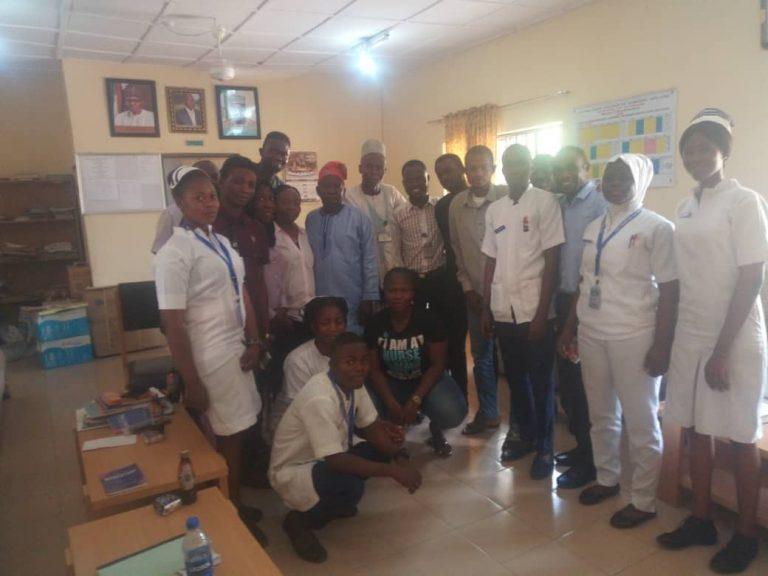Agriculture minister decries $10bn spent annually on food imports, urges shift to local production
Minister of Agriculture and Food Security, Abubakar Kyari, has revealed that Nigeria is spending a staggering $10 billion each year on food imports, including essential items like wheat and fish.
This announcement was made at the First Bank of Nigeria Ltd. 2025 Agric and Export Expo held in Lagos.
Kyari, represented by his Special Adviser Mr. Ibrahim Alkali, expressed concern over the increasing rate of food imports and emphasized the urgent need for enhanced financing in agriculture to boost local production and exports.
“Nigeria spends over $10 billion annually importing food such as wheat, rice, sugar, fish, and even tomato paste,” Kyari noted during the expo.
He highlighted that agriculture currently contributes 35 percent to the country’s Gross Domestic Product and employs a similar percentage of the workforce.
Despite having 85 million hectares of arable land and a youthful population where over 70 percent are under 30, Nigeria accounts for less than 0.5 percent of global agro-exports, earning less than $400 million from these exports. “To build a non-oil export economy, we must rethink how we finance agriculture,” he urged.
Kyari reiterated the commitment of President Bola Tinubu’s administration to achieving food sovereignty, emphasizing that Nigeria must nurture its self-sufficiency in food production to reduce reliance on imports.
“Food sovereignty is the goal. Nigeria must not only feed itself but do so on its own terms, free from excessive dependency on imports,” he stated.
He further explained the concept of sovereignty in the context of food security, stressing that it means ensuring no Nigerian goes hungry due to global supply chain shocks.
“We have the land, the labour, and the markets. What we lack is the system of financing, value addition, and infrastructure that can turn potential into prosperity,” Kyari remarked.
In conclusion, he called for innovative strategies and critical thinking to strengthen food security in Nigeria. “If we begin to think critically and improve mechanisms such as revenue sharing, agricultural financing with performance triggers, and Pay-as-Harvest schemes, we can do better,” he asserted. Kyari believes that these are not just theoretical concepts but proven models that have shown success in other economies.
NAN







